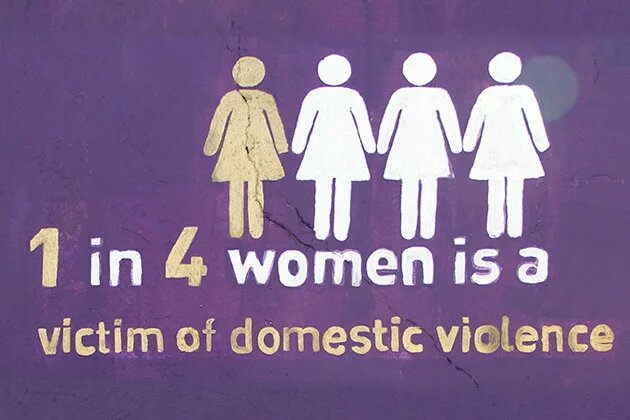
Following the death of Anene Booysen in February 2013, the Heinrich Boll Foundation undertook a study to examine the response from government, the media and society to the death of Anene. This study entailed conversations with community activists. A key finding of the study was that the statistics on rape and violence against women and girls do not paint a complete picture of the extent of gender-based violence in the area. One of the key issues raised was that these statistics do not attest to the fact that young girls in the community are increasingly being enticed into abusive relationships with older men. These relationships are deeply imbued with gender power dynamics, with violence and abuse being innate. In the aftermath of Anene’s death, a humble request from a community activist was for awareness campaigns in schools that targeted girls and addressed the issue of normalised violent relationships with older men. Nothing happened. Instead, government invested an amount of R 10 million in the construction industry as part of a job-creation initiative for young people. While unemployment in Bredasdorp is rife and the community responded favourably to this gesture, it is misplaced and delinked from the issue of sexual violence. Not much thought was put into responding appropriately to Anene’s death within the context of sexual violence.
In February 2015, five-year old Kayde Williams was found dead in a bush in Bredasdorp, having been beaten with a blunt object. Fourteen-year old Elda Jaftha, also from Bredasdorp was found dead in last week, bundled in a blanket under a bed. She had dropped out of school and moved in with her 29 year-old boyfriend who is a suspect in her murder. Her mother had tried in vain to discourage her from leaving home to live with this man. Possibly, an awareness campaign on gender based violence and the need for girls to be in positive, healthy relationships, could have spared her life. We can only speculate. However, the absence of interventions in Bredasdorp that focus on issues of gender-based violence and its inextricable link to women’s equality is a serious omission in providing more holistic interventions to sexual and domestic violence in the community. It is gendered stereotypes that invest sex with its dominant meaning and current interventions are not addressing this. Bredasdorp, as is the case of with much of South African society, remains steeped in deeply patriarchal values with normative gender roles and limiting constructions of masculinity and femininity that largely go unchallenged.
It is fair to say that South Africa is at a point of crisis insofar as violence against women is concerned. It has one of the highest rates of rape reported to the police in the world. In a study conducted by the Medial Research Council and Genderlinks on domestic violence, over half of the women interviewed in Gauteng (51.3%) admitted to experiencing some form of violence while 75.5% of the men admitted to perpetrating an act of violence against a woman. The Medical Research Council found that 56% of all female homicides in South Africa in 2009 were committed by an intimate partner.
In the face of Kayde and Elda’s death, the Anene Booysen Skills Centre will be launched in Bredasdorp. While this is a commendable initiative, it is no response to gender-based violence. If the deaths of Anene, Kayde and Elda teach us anything at all, it is that notions of masculinity, the underlying gender social order and the gendered entitlement of men are issues that require urgent political and social attention. While a comprehensive policy response is required to deliver service delivery interventions to victims of gender-based violence, this on its own will not stem the tide. More strategic thought needs to be invested in the prevention of such violence. This is no quick-fix solution and requires a concerted policy response that will be long-term in nature. Failing this, both private and public spaces will continue to be sites of potential danger for women and girls in South Africa.
---
This article was originally published in the Weekend Argus, 14 June 2015.